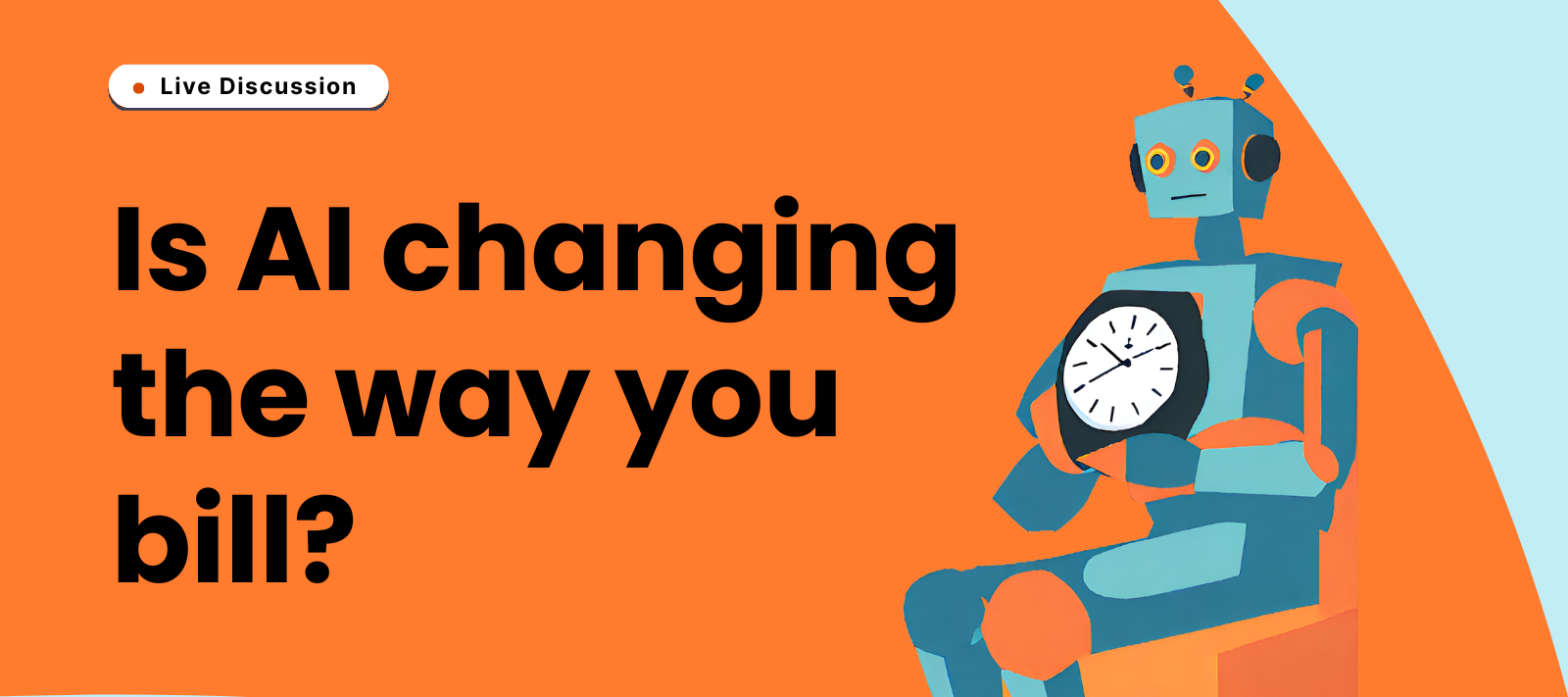AI can already automate many of the more repetitive tasks and admin related to a legal matter. What happens if the administrative side of our work disappears completely? Personally, I think that leaves us with more time to do the most valuable thing that we do, supporting our clients through what are often major, life-changing moments. I wonder if the true value of that support has ever been measurable in billable hours?
For many of us, AI automations mean billing based on time makes less sense for our firm. There are decisions to make about how we charge for our services and communicate our value to stay competitive.
Billing for a decade of expertise vs a few minutes of effort
Currently, many of us bill for the few minutes it takes to compose an email. We often overlook the value of the decade of expertise and experience ensuring that brief email achieves results.
AI revolution or not; your true value has always extended far beyond the time required to complete a task. The big changes feel scary, but I also am noticing firms start to see it as an opportunity to rethink their approach.
I would like to know if you are thinking about how you communicate your value to clients and adjusting pricing strategies accordingly.
I’d love to hear your thoughts on pricing and adapting to the changes that the AI revolution will bring.
Here’s some questions to get you started:
- How are you adapting to the AI revolution?
- Are there resources, conversations or other types of support that we could hold space for in this community to help you?




